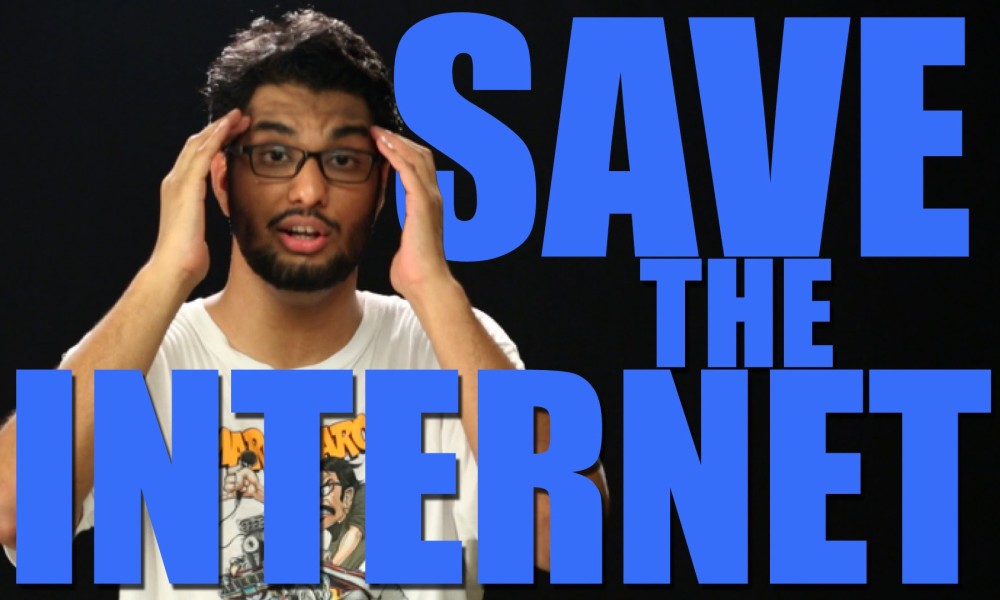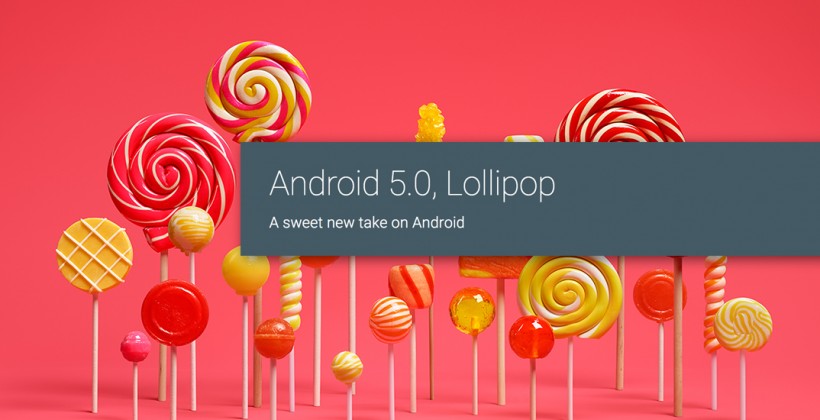If you thought India’s debate over net neutrality was over, with the public having won over telecommunication companies for a change, think again. The Department of Telecommunications’ (DoT) Net Neutrality report is finally out, and – while it opines that the core principles of Net Neutrality must be adhered to – it is in favour of policy regulation that would put curbs or tax popular messaging and voice over internet protocol (VoIP) calling services like WhatsApp, Skype, and Viber.
If these recommendations are implemented by telecom companies, users may no longer be able to make free domestic calls – barring negligible data charges – through these VoIP services. However, instant messaging and international calls through these services will remain free. Basically, it might just be cheaper to call your friend abroad than in the same city. The only small silver lining in the DoT’s recommendation is that messaging services like these cannot be stopped from transmitting text messages.
For long a subject of intense debate already in Europe and North America, India has been grappling with the notion of net neutrality since zero-rating services like Facebook’s Internet.org and Airtel Zero were announced in the country. The DoT in its report condemned Internet.org — which served content from select sources to mobile users for free — in its original form, as the zero-rating service only hosted content from outlets approved by the social network. According to the DoT, a telecom service provider discounting data is different from a content service provider offering priority channels of content. So here, the DoT panel has differentiated between Internet.org and Airtel Zero. However, it has created a sense that the panel has sided with Airtel instead of Facebook. The report has later also acknowledged for a legal framework to be put in place.
Net Neutrality Committee Report
The DoT’s recommendations also state that “Tariff plans offered by TSPs/ISPs must conform to the principles of Net Neutrality”. Moreover, TRAI will have the power to examine these tariff plans. This could mean that a special tariff plan for WhatsApp (or even Wikipedia) which offers the service for free can be seen as a violation of the principle of net neutrality.
Medianama, one of India’s most vocal news outlets on maintaining net neutrality, has published an abridged version of the DoT’s recommendations, and we have reproduced it verbatim here below. They also have a much more detailed summary of the 100-page report which is well worth a read if you are interested in the subject, which, if you are an Indian, you ought to be.
Quick overview: [blockquote type=”left”]
1. VoIP: Licensing for domestic VoIP, no licensing for international VoIP.
2. Messaging and other apps: no licensing for messaging, no licensing for regular apps
3. Zero rating to be allowed on a case by case basis by TRAI, with a deemed approval (in case the TRAI doesn’t decide quickly enough). TRAI should address complaints about Net Neutrality violations on a case by case basis.
4. Internet.org is bad because of collusion, content companies cannot play gatekeeper
5. Managed and enterprise services can be exempt from Net Neutrality requirements
6. Legitimate traffic management is allowed, but shouldn’t be app specific. DPI to look at app and its content is not.
7. Interception of IP traffic: Security is paramount and need to figure out how to intercept all traffic, need to look at security issues via inter-ministerial consultations. “National security is paramount, regardless of treatment of net neutrality.”
8. Privacy is important but have to wait for a privacy law
9. Can include net neutrality clause in current laws instead of creating a new law
10. Search Neutrality issues are important, but we’ll look at them later
11. Not looking at Content Delivery Networks, which are best left to be looked at under unfair trade practices law [/blockquote]
The Department of Telecommunications’ report has been presented to TRAI, India’s telecom regulatory authority, which will consider the DoT’s ideas and form its own recommendations for the government’s final call on new legislation.



